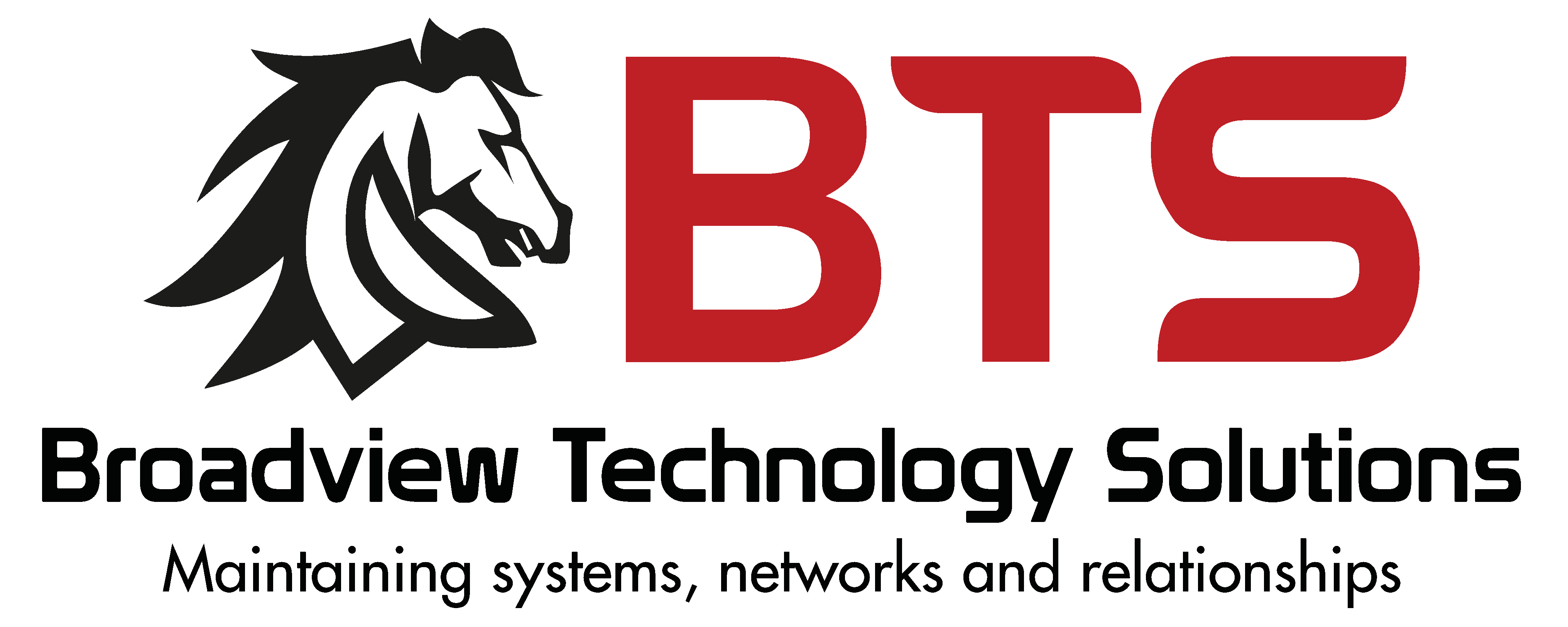The Crucial Role of IT Support for Small Businesses
In today’s digital landscape, even the smallest businesses rely on technology to operate efficiently. From the solo attorney accessing case management software to the 15-person plumbing company scheduling service calls, technology is no longer optional—it’s essential. Yet many small businesses find themselves in a technological no-man’s land: too dependent on tech to ignore it, but too small to justify a full-time IT department.
The Hidden Costs of DIY IT Management
Many small business owners start with a DIY approach to technology. The office manager doubles as the “tech person,” or the owner’s tech-savvy nephew helps out on weekends. While this might work initially, it creates several significant problems:
1. Productivity drain: When your office manager spends three hours troubleshooting printer issues, that’s three hours not spent on their actual job.
2. Reactive rather than proactive maintenance: Without regular updates and monitoring, small issues become major problems. It’s like ignoring the check engine light until your vehicle breaks down on the highway.
3. Security vulnerabilities: Small businesses are increasingly targeted by cybercriminals precisely because they often lack proper security protocols. According to recent studies, 43% of all cyber attacks target small businesses, yet only 14% are adequately prepared to defend themselves. Managed antivirus is the bedrock of a secure system.
4. Expensive emergency fixes: Emergency IT support always costs more than preventative maintenance—often 3-5 times more.
How Professional IT Support Transforms Small Businesses
Professional IT support isn’t just about fixing things when they break—it’s about creating a technology ecosystem that helps your business thrive. Here’s how:
1. Business Continuity
When your systems go down, business grinds to a halt. For service-based businesses, this means:
– Inability to schedule appointments
– No access to client records
– Delayed billing and invoicing
– Communication breakdowns
Professional IT support ensures backup systems, disaster recovery protocols, and quick response times that minimize or eliminate downtime. For a business billing $150/hour, even four hours of downtime equals $600 in lost revenue—not counting the damage to your reputation.
2. Strategic Technology Planning
Most small businesses don’t need the latest and greatest technology. What they need is the right technology for their specific needs. Professional IT support helps:
– Identify the most cost-effective solutions
– Scale technology as you grow
– Integrate systems for maximum efficiency
– Budget appropriately for technology needs
3. Security and Compliance
For professional service businesses, client confidentiality isn’t just good practice—it’s often legally required. Professional IT support provides:
– Data encryption and protection
– Secure client portals
– Compliance with industry regulations (HIPAA for dental offices, etc.)
– Regular security audits and updates
4. Employee Productivity and Satisfaction
When technology works seamlessly, your team can focus on what they do best. Professional IT support:
– Resolves issues quickly, often before employees notice them
– Provides training and support for new systems
– Ensures consistent performance of essential tools
– Enables remote work and flexibility
Real-World Impact: The Numbers Don’t Lie
Small businesses with professional IT support experience:
– 21% higher productivity
– 38% fewer security incidents
– 43% less downtime
– 19% lower overall technology costs
These aren’t just statistics—they represent real businesses serving more clients, completing more projects, and generating more revenue.
Finding the Right IT Support Model
Not all IT support is created equal, and small businesses have several options:
Managed Services Provider (MSP)
This comprehensive approach provides proactive monitoring, maintenance, and support for a predictable monthly fee. It’s like having an entire IT department for a fraction of the cost.
Break/Fix Support
Pay only when something needs fixing. While seemingly cost-effective, this reactive approach often leads to more downtime and higher emergency costs.
Hybrid Approach
Some businesses benefit from a combination—managed services for critical systems with as-needed support for less essential components.
The Bottom Line: IT Support as Investment, Not Expense
In the same way professional service businesses invest in quality tools, appropriate insurance, and skilled employees, professional IT support should be viewed as an investment that generates returns through:
1. Increased billable hours
2. Enhanced client experience
3. Protected reputation and data
4. Scalability and growth support
Conclusion
For today’s small businesses, especially those providing professional services, technology isn’t just about having computers and internet access—it’s about leveraging these tools to deliver exceptional service efficiently and securely. That is the crucial role of it support for small businesses.
Professional IT support isn’t a luxury for small businesses—it’s a crucial component of a successful operation. In a world where even a day of technology disruption can mean lost clients and revenue, can you afford not to have reliable support?
—
Whether you’re a five-person law firm or a fifty-person construction company, professional IT support provides the foundation that allows you to focus on what you do best—serving your clients and growing your business.
